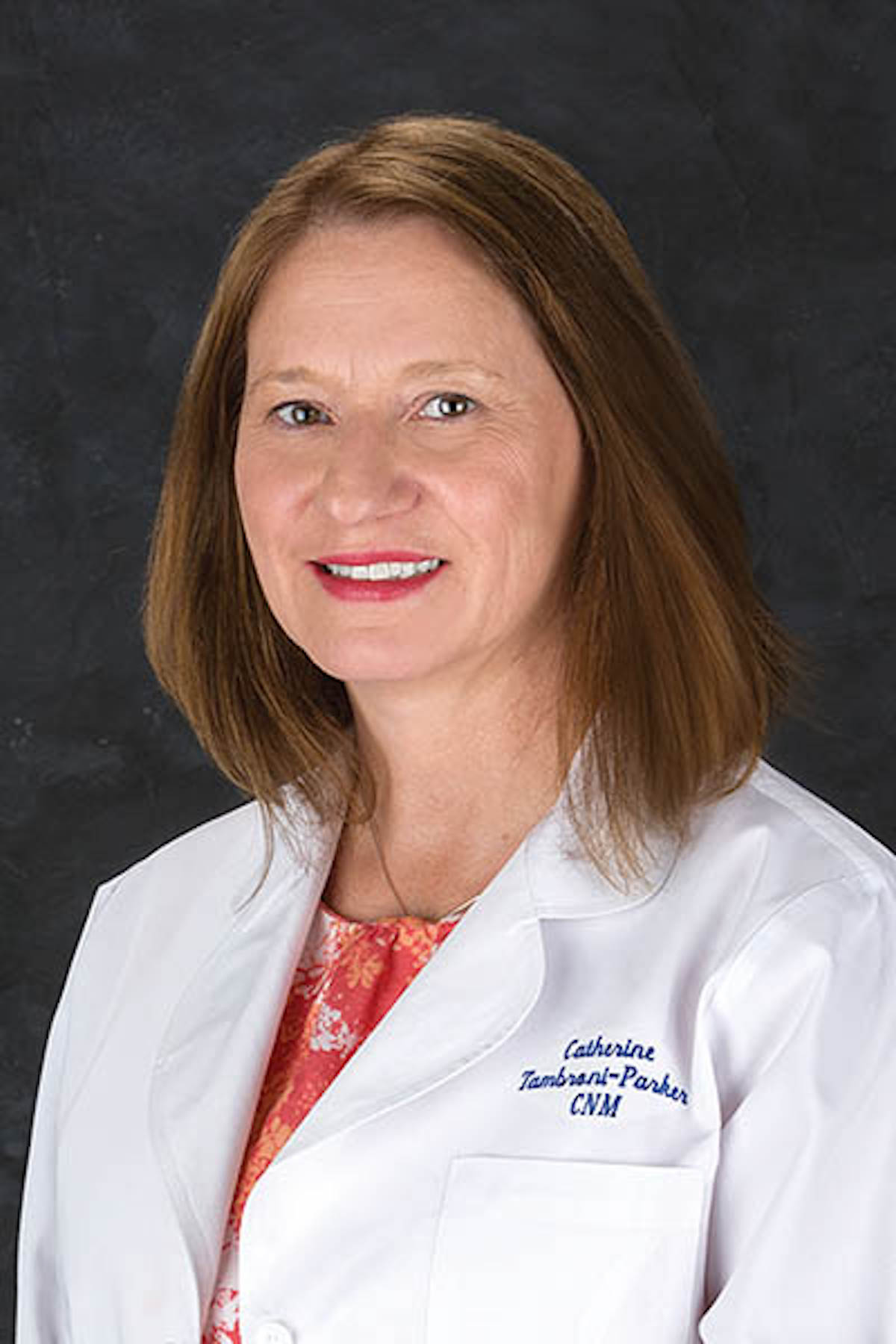Multiple studies have shown the influence of the media on the psychosocial development of children is profound with detrimental effects on psychological, physical and academic wellbeing.
As parents and children continue to get exposed to what feels like a never-ending cycle of negative news led by devastating events at Capitol Hill combined with record-setting daily COVID death tolls and the upcoming inauguration, Dr. Claire Nicogossian Psy. D, Clinical Psychologist, Clinical Assistant Professor, and author of the breakthrough new book, Mama, You Are Enough: How to Create Calm, Joy and Confidence Within the Chaos of Motherhood offers insights on how parents can address recent events and challenging topics with their children that affect their communities, family or friends in a productive, safe, and nonjudgmental way.
“Though we’re finally in a new year, we can’t ignore the gravity of current events and the heaviness it causes both us as parents and our children to feel,” Dr. Nicogossian says. “It’s so important now more than ever to create an open environment for your children to talk, but to also make sure that you as a parent are mentally and emotionally capable of having these tough conversations with your children.”
Dr. Nicogossian shares actionable advice for parents to address current events and challenging topics such as political and social unrest with their children, including:
Manage Your Own Emotions First — The current news is difficult for anyone to process, but as a parent, if you’re going to have a conversation with your children about it, be sure that you’ve taken the time to fully understand your own emotions, thoughts and reactions first before you offer support to your children.
Take Breaks From The News — “Headline Stress Disorder” was coined in the wake of the 2016 presidential election, and it still exists today. 24/7 exposure to the news can lead to increased anxiety, depression and hopelessness. Limit your news intake to certain hours of the day so you are up-to-date on current events without feeling overwhelmed.
Hold Space Without Judgment — It’s uncomfortable to talk about a lot of current topics, so allow your children to feel without feeling a need to deny, dismiss, or ignore. Just listen and hold space without judgment for them when they are sharing feelings and reactions to recent events, the pandemic and the fatigue of uncertainty.
Know Your Threshold — These are tough topics to talk about. Talk about them when you feel ready and able to hold space for your children to open up, but also make sure you take breaks for fun. It’s so important to make time for joyful activities for you and the family because those moments will help carry you through the stresses of the day.
Give Yourself Compassion — There is a tendency to think or believe with uncertainty, and not knowing what may be ahead equates with a negative or stressful future. We don’t really know what the future will bring, but we can decide how we will respond and how we will cope and take care of ourselves. Check in with your emotional and mental well-being and take time for self-care. Depending on their age, you can enjoy self-care practices with your children.
Prioritize Self-Care — Get enough sleep. scan your body for tension and stress and make sure you are regulating your breathing (when we are anxious, we tend to hold our breath or take shallow breaths), take that energy and restlessness and move your body-go for a walk, dance it out, clean a room, get moving, that will also help. And stick to a routine, making sure to get enough sleep, put a limit on screen time and news updates at least one hour before bed, stay hydrated, hold off on alcohol use, and eat healthy and nutritious food.
Claire Nicogossian, PsyD, is a licensed Clinical Psychologist and a Clinical Assistant Professor of Psychiatry and Human Behavior at Brown University. She’s the founder of MomsWellBeing.com where you can find her writing, and podcast, In-Session with Dr. Claire. Her writing has appeared on Motherly, Scary Mommy, Thrive Global, TODAY Parenting Team and HuffPost.
Study source: https://www.ncbi.nlm.nih.gov/pmc/articles/PMC2792691/
Exclusive Content from CARE Magazine






